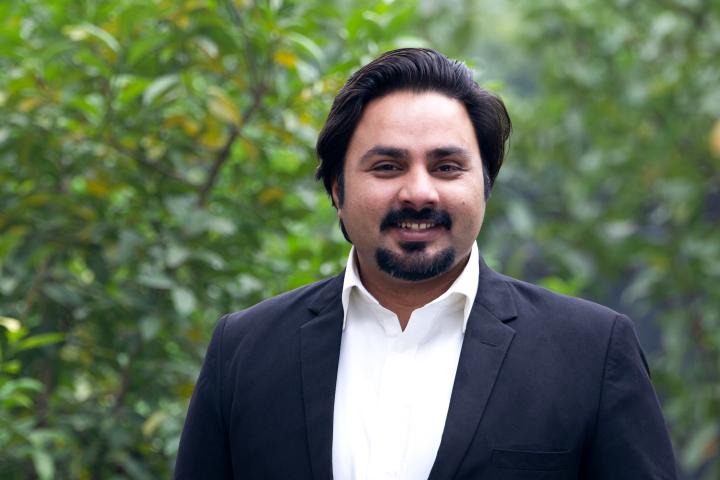The Pakistani-German Facilitation and Reintegration Centre (PGFRC) opened in September 2020 and started its work amid the corona pandemic. Even during the crisis, the team continued to assist people in their new start – both vocationally and in society. We interviewed advisors Nighat Aziz and Faisal Shabbir who explain how this works.
Ms Aziz, Mr Shabbir, how would you describe the work performed by the PGFRC?
Shabbir: We help people to find a job and reintegrate into society once they have come back here. Our assistance can take many different forms because the services we and our partners provide include training, further qualification, job placement and psychosocial support. We also provide assistance with business start-ups. The PGFRC is part of the “Returning to New Opportunities” programme run by the Deutsche Gesellschaft für Internationale Zusammenarbeit (GIZ) GmbH on behalf of the German Federal Ministry for Economic Cooperation and Development.


